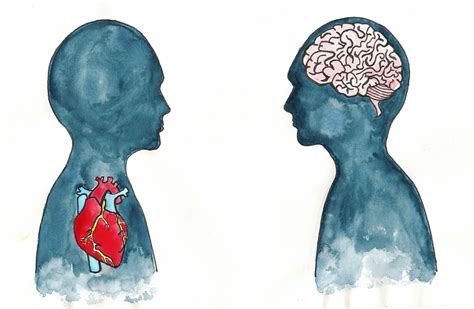
Fad diets and quick fixes have been around for decades, promising fast and easy weight loss solutions. But the reality is that these approaches often do more harm than good.
First of all, fad diets often focus on cutting out entire food groups or drastically restricting calorie intake. This can lead to nutrient deficiencies and deprive your body of essential nutrients it needs to function properly. As a result, you may experience fatigue, irritability, and a lack of motivation to exercise.
Additionally, quick fixes often involve drastic and unsustainable changes to your lifestyle. For example, some diets require you to eat only a limited number of foods or eliminate entire food groups altogether. This approach can be difficult to maintain and often leads to weight regain once you return to your normal eating habits.
Furthermore, fad diets and quick fixes often focus on short-term weight loss rather than long-term health and wellness. This means that they may not address the underlying causes of your weight gain, such as unhealthy eating habits or a sedentary lifestyle. As a result, you may struggle to maintain your weight loss and may even gain back more weight than you initially lost.
So, what is the solution? The key to achieving and maintaining a healthy weight is to adopt a balanced, nutritious diet and engage in regular physical activity. This approach may not provide quick fixes, but it is sustainable and will support your overall health and wellness.
In conclusion, fad diets and quick fixes may seem appealing, but they often do more harm than good. Instead, focus on making healthy, sustainable lifestyle changes that will support your long-term health and wellness.
